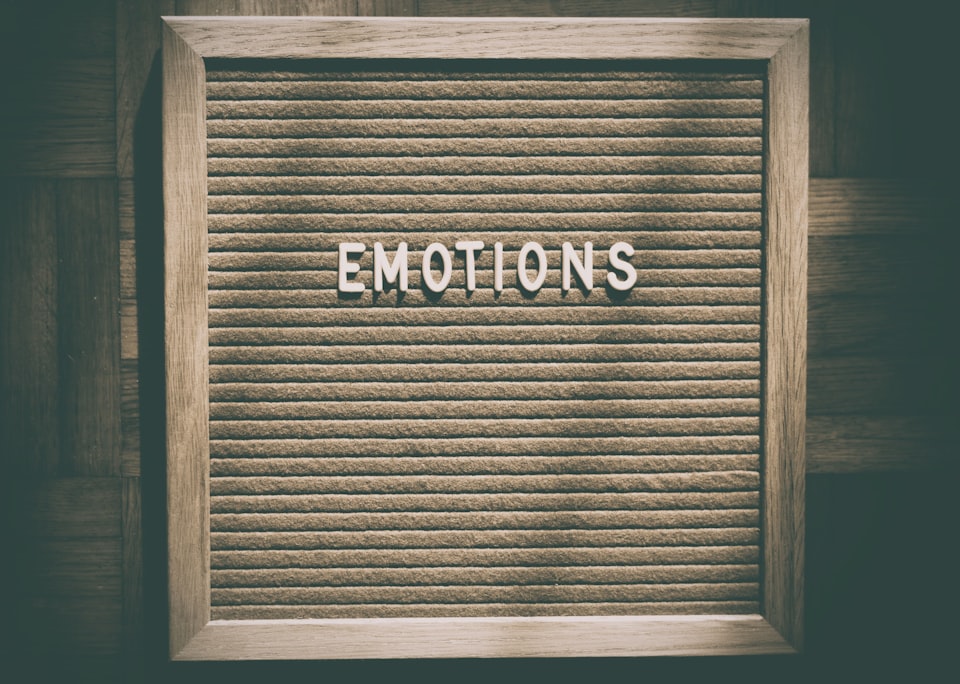The Epistemology of Emotional Intelligence

Today, I want to address something I term the "epistemology of emotional intelligence." Epistemology, the theory of knowledge, delves into how we come to know anything. When discussing emotional intelligence, the pertinent question is, where does the knowledge of emotional intelligence originate?
Who qualifies as an "expert" in emotional intelligence? There isn't a PhD or even a modest college course dedicated solely to emotional intelligence. Yet, its importance as a skill is undeniable. So, how do we learn emotional intelligence, and from whom? If I discuss and, dare I say, teach emotional intelligence, why should you heed my words?
Let's address the initial question: where does emotional intelligence stem from? How do we discern an emotionally intelligent action from one that isn't?
Consider the concept of challenging thoughts and beliefs from Cognitive Behavioural Therapy. We recognize that our perception of reality can be skewed. For instance, one might believe they're universally disliked, but upon challenging this belief, they might discover numerous supporters.
But how did we determine that challenging beliefs is emotionally intelligent while not doing so isn't?
For a moment, let's sidestep emotional intelligence and contemplate how we generally acquire knowledge.
Historically, the most prevalent method has been to appeal to divine authority.
Compassion is virtuous. Why? God decreed it so.
The Earth is flat. Why? God stated as much.
This individual is king and wields power. Why? God designated him.
The pitfall with deriving knowledge from divinity is the frequent discord between evidence and divine pronouncements. Nowadays, the majority understand that the Earth is spherical.
In contemporary times, the scientific method, and reason more broadly (inclusive of philosophy), has been the most reliable way of discerning truth. Thanks to this method, we can fly globally, edit DNA, and stay insulated in frigid temperatures.
However, as successful as the scientific method has been, its application to emotional intelligence isn't straightforward. The method hinges on independent observations and replicability. But how can one remain detached from their own emotions? And how can another replicate your mental processes?
You might wonder: isn't psychology, as a subject, concerned with emotional intelligence? I'd argue not exclusively.
Psychology broadly bifurcates into clinical and experimental branches. In clinical psychology, professionals like doctors and therapists attend to mental illness patients. However, the case-by-case nature of clinical work doesn't guarantee the general applicability or efficacy of findings and insights.
Conversely, experimental psychology seeks generalizability, applying the scientific method to psychological phenomena. Here, researchers conduct studies with diverse participants completing tasks or questionnaires to discern overarching patterns.
Though experimental psychology provides generalizable answers, it's limited by external observation, often failing to penetrate internal subjective experiences. For instance, when querying someone's happiness level, there's no certainty their happiness conception mirrors yours. Essentially, direct emotional study is elusive when observing externally.
Brain studies share this limitation. Our understanding from brain studies remains constrained, mainly due to the unresolved relationship between the brain and mind or, more broadly, between the material and consciousness. While neuroscience offers valuable insights, it isn't sufficient if the goal is emotional intelligence. It's noteworthy that some specialists in happiness or decision-making, despite their academic prowess, don't necessarily epitomize happiness or wise decision-making.
Eastern wisdom traditions present another significant knowledge source, often affiliated with meditation or yoga.
When practiced diligently, meditation serves as an introspective scientific method. It necessitates careful observation of reality and the mind.
It's no coincidence that numerous theories about happiness, wisdom, and mind workings originate from the East. As Sam Harris observed, while the West might mock Eastern medicinal practices, when it comes to psychology, the West often falls short.
Meditation and robust introspection come closest to direct emotional observation. Were I to choose a single method, this would be it.
Yet, introspection isn't infallible. We all possess biases and blind spots that might distort our observations.
Returning to our initial inquiry: from where does the knowledge of emotional intelligence emanate?
I believe it's a combination of all the sources mentioned. If forced to select, I'd prioritize introspection and meditation for their direct access to the mind, supplemented by therapy at a more cognitive level. But a comprehensive understanding likely emerges when synthesizing insights from all angles.
This comprehensive approach motivates my pursuits. I'm engrossed in theoretical studies, pursuing a PhD in psychology, and am also an avid meditator, with almost eight years of consistent practice. My objective is to study psychology and the mind holistically, hoping to gain a rounded understanding of our very essence.
I hope you found this discourse valuable.
Best, Sankalp.
